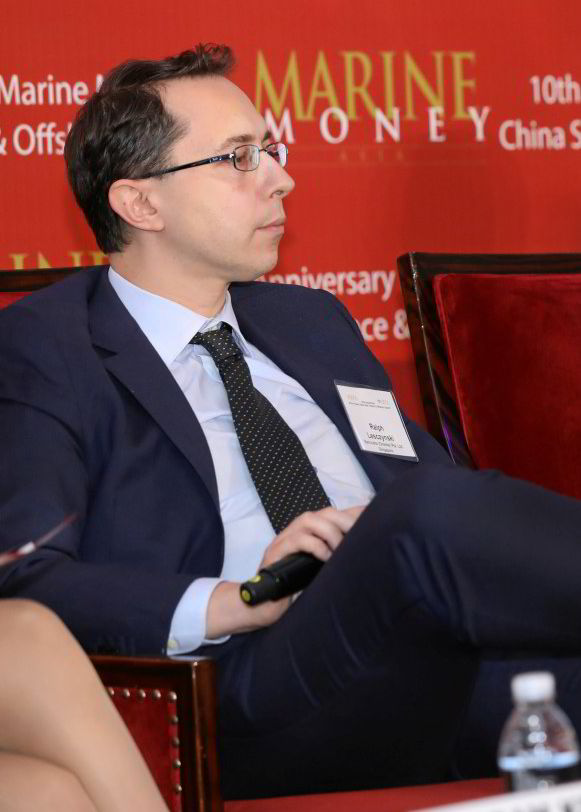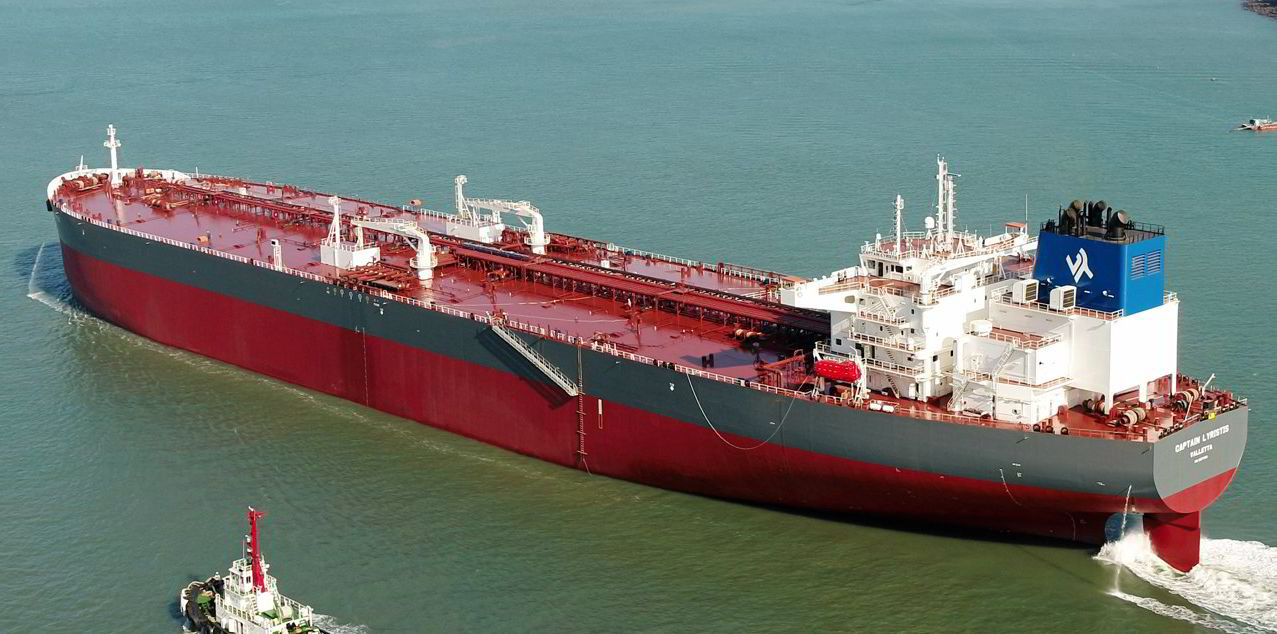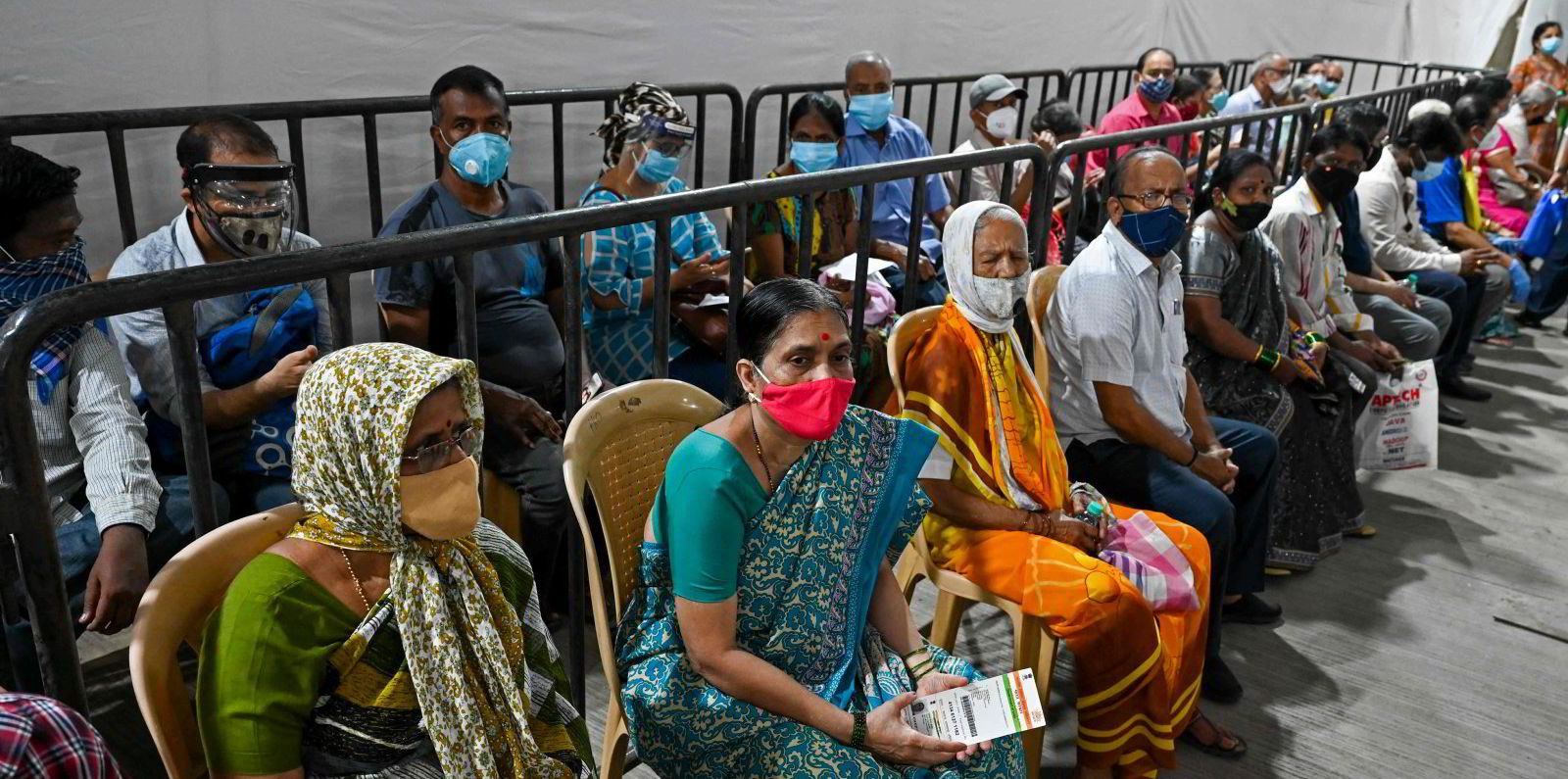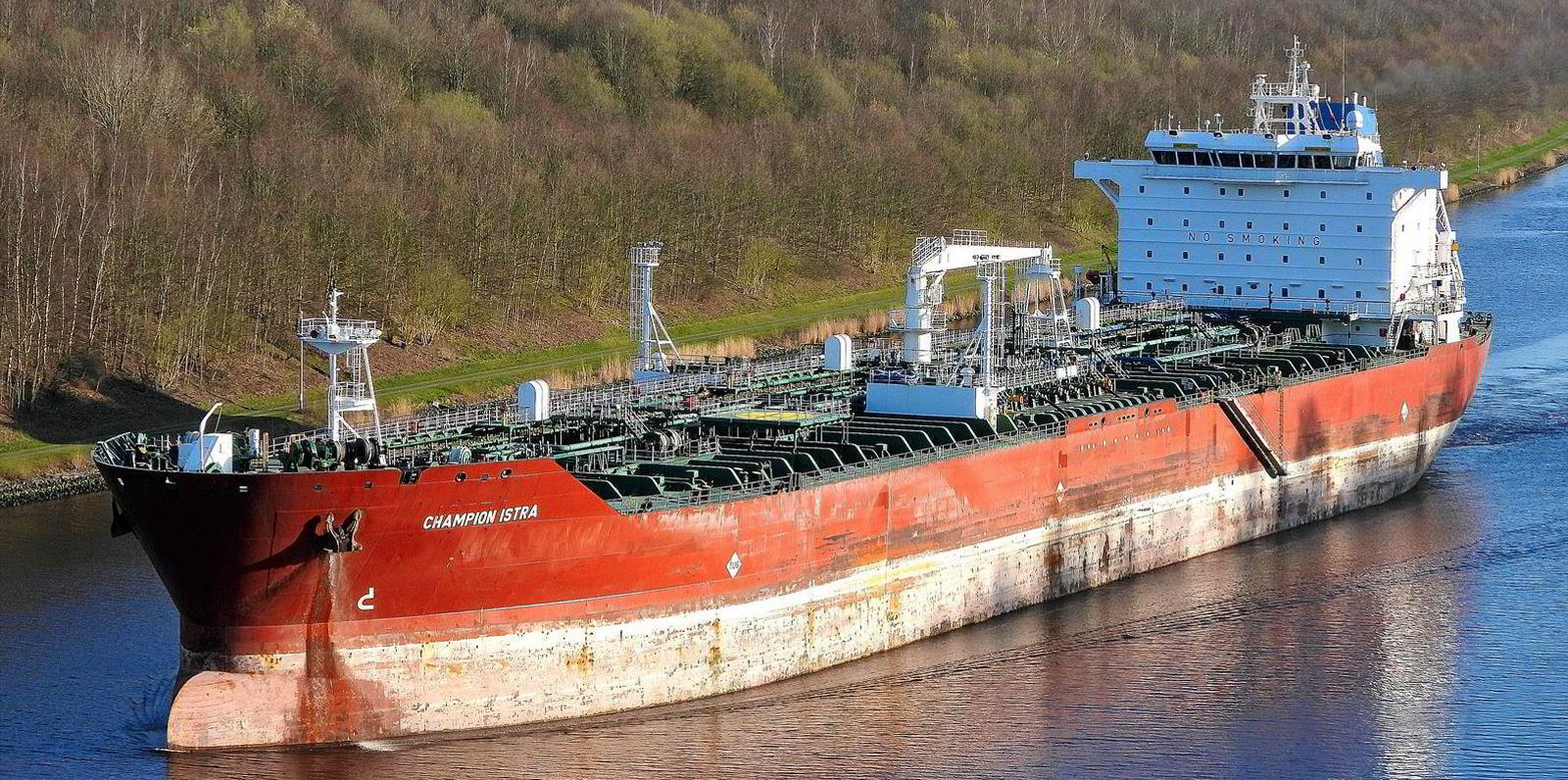Newbuilding crude tankers are doing something unusual: they have been carrying refined products for more than their maiden voyage.
It is a rare phenomenon that industry sources said is only occurring because of weak earnings in their segments.
Crude tankers tend to carry distillates in their maiden voyages under normal market conditions, but limited crude shipments have kept some of them in the product trade longer than usual.
“Given the absence of dirty cargoes, and opportunity for clean product players to move more volume via [VLCCs] especially, it is understandable to see it develop,” Euronav head of communications Brian Gallagher told TradeWinds.
He added that the opportunistic play should help dirty tanker owners to transition “to when a more balanced market emerges” later this year, when Opec+ supply is expected to increase and Covid-19 restrictions ease.
“I think it is more to do with simple market dynamics and opportunity at this time and nothing more,” said Gallagher, whose company owns one of the world’s largest crude tanker fleets.
But some market experts, including Clarksons Platou Securities, suggest the newbuilding tonnage has pressured down product tankers rates by undermining their demand.
The investment bank said daily earnings for a modern LR2 had decreased by 76.8% over the past month to $5,100 per day on Tuesday. LR1s fell by 35.9% to $9,600 per day, while MRs dropped by 34.1% to $7,000 per day.
Jens Christophersen, executive vice president at product tanker operator Hafnia, believes dirty tankers' more pronounced cannibalisation of clean tanker routes is taking place because of today’s weak crude tanker rates.
“A stronger crude market will undoubtedly have a positive effect on products trades,” he said.
Trade restrictions
Some analysts added that in order to keep their newbuildings in the product trade, crude tanker owners would need to overcome technical challenges and find suitable employment opportunities.
Figures from Braemar ACM Shipbroking showed four newbuilding aframaxes, six suezmaxes and six VLCCs were shipping refined products during their first voyages in the first quarter.
Those newbuilds that have stayed in product trade for more than one trip this year include the 158,000-dwt Captain Lyristis and Maran Solon (both built 2021), according to Vortexa data.
The Captain Lyristis has been chartered by China's Unipec and the Maran Solon has been locked in by South Korea's Hanwha Group. TradeWinds has approached the trading houses for comment.

“The type of trading opportunities are not always available,” said a tanker owner, whose crude vessels have carried refined products in their first voyages.
“We would be only taking gasoil or jet fuel. We would not want to load gasoline or naphtha as they could lead to hull corrosion.”
While uncoated newbuildings could theoretically ship refined products for three or more trips, not many have actually done that for more than one voyage, others said.
Banchero Costa research head Ralph Leszczynski suggested that for those ships to remain in product trade, they need to always be carrying “exactly the same type of cargo”.
“You cannot carry one gasoil cargo and then after that load a gasoline or jet fuel cargo,” he said.






